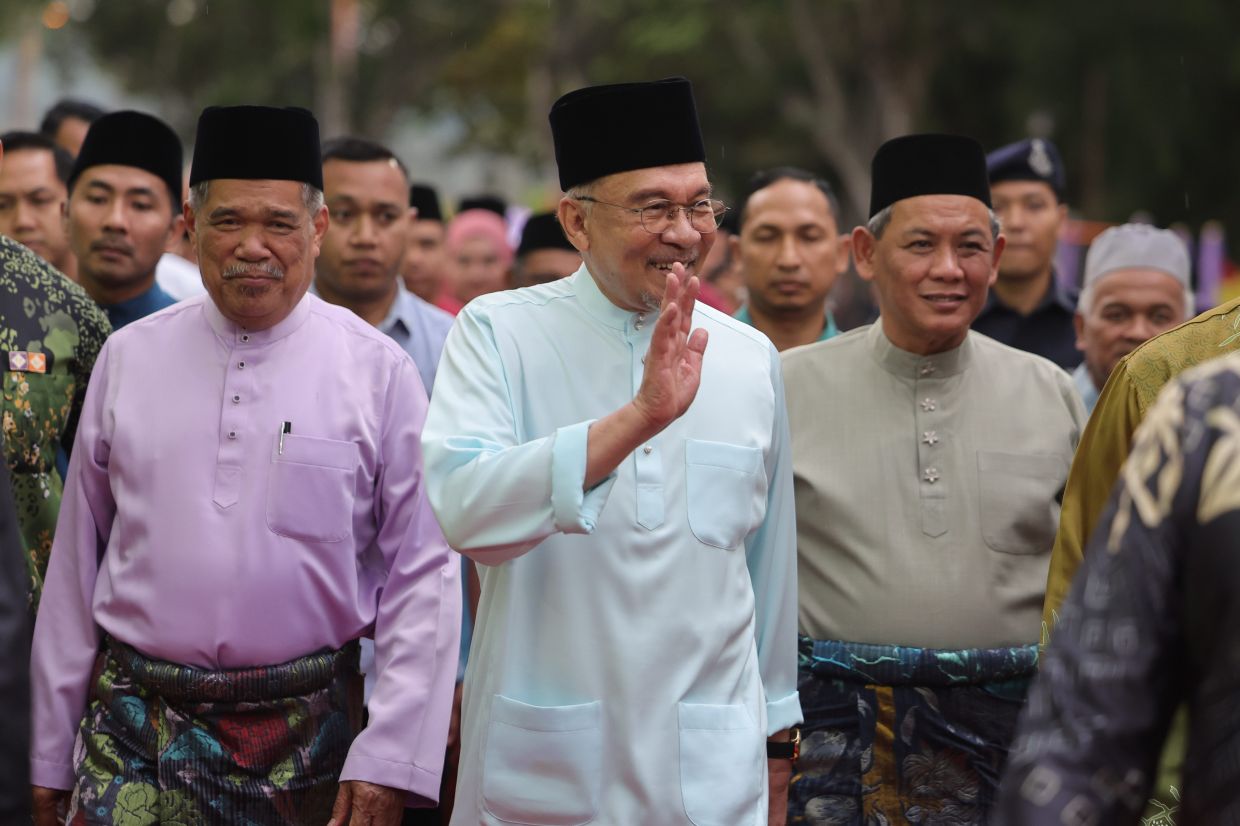KOTA KINABALU: Parti Keadilan Rakyat (PKR) will either fly its own flag or use the Pakatan Harapan logo in the upcoming state election, says Razeef Rakimin.
The PKR deputy information chief also confirmed that the party would not run under the Gabungan Rakyat Sabah (GRS) banner.
Razeef, the Sabah PKR spokesman, said there are no objections to other Pakatan component parties using the GRS logo in the election, which is expected next year.
He was responding to Sabah Pakatan chief Datuk Christina Liew’s comment about contesting under a single symbol, which he described as “misreported.”
“Some of the media have misinterpreted a statement from the Sabah Pakatan chairman suggesting that we (PKR) are open to using the GRS logo.
"That is not exactly accurate because what she meant to say was that we will remain either using the PKR or the Pakatan logo.
“But we do not object if other Pakatan component parties want to use the GRS logo, just like how DAP decided to contest under the Warisan logo in the past election,” he said.
The Sabah PKR information chief reiterated that the views of GRS deputy chairmen Datuk Seri Jeffrey Kitingan and Tan Sri Pandikar Amin Mulia do not reflect GRS's official position but merely their points of view.
Jeffrey recently proposed that Pakatan Harapan (PH) should contest under a single logo - GRS, while Pandikar Amin suggested that only local parties should be allowed to participate in the upcoming state election.
Responding to calls for national parties to step aside, Razeef Rakimin emphasised that this does not apply to PKR, which was launched nationwide, including in Sabah, on April 4, 1999.
“PKR may be a national party, but unlike others that started and grew in the Peninsula before expanding to Sabah, we have been in Sabah since day one,” he explained.
Razeef highlighted PKR's active involvement in key issues such as the Malaysia Agreement 1963 (MA63) and Sabah's pursuit of one-third parliamentary representation alongside Sarawak.
“A national party cannot be labelled as peninsula-based. We represent all, and our leaders are from Sabah,” he added.
He stressed that the one-third representation would give Sabah and Sarawak greater influence in federal decisions, protecting the region's rights as outlined in the MA63, and preventing marginalisation by federal policies.
Many Sabah politicians argue that national parties would not support this initiative, as Sabah's leaders would find it difficult to oppose their counterparts in the Peninsula.









































